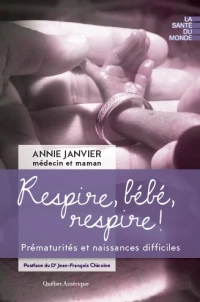I am currently writing a chapter for a textbook, the chapter will deal with GE reflux. So I have been reviewing the data around various treatment options. I have already written on this blog about the lack of physiologic rationale for using prokinetics, and the lack of efficacy and toxic complications of metoclopramide. Although cisapride is no longer readily available it is still possible to obtain it in Canada through the Special Access Program, which allows you to obtain critically important medications even if they are not currently licensed. I believe that similar programs exist in other jurisdictions also. Requests for special access to cisapride are sometimes made by doctors as it is believed that it will improve GERD in babies not “responding” to other treatments, and that the risks were overstated anyway.
So what about cisapride, does it really work? Is it safe? Should it continue to be available under Special Access Programs?
The simple answers to these questions are no, no and no.
Does it work: There are no good RCTs in preterm infants. This is despite the fact that at one point about 20 percent of all the preterm infants in NICUs in the USA were receiving cisapride. You would think that after all the disasters in neonatology since the 1950s (subject of an upcoming post I guess) we would be reticent about prescribing a new drug for which there are no neonatal data… Maybe we did so because there were such compelling data from older children? Is that the case? Does cisapride work in older infants? Here again the response has to be no, there is no reliable evidence of efficacy. The Cochrane review updated in 2010, could only find 8 tiny placebo controlled studies, with a total of 262 infants, that looked at symptoms of GER. There was some evidence of publication bias, so negative studies may well be missing from the published literature. Only 2 of those 8 studies were of good quality and were slightly larger (n=36, and 68). There was no overall evidence of improvement, and the 2 less small, better quality, studies showed a tendency to worse symptoms in the cisapride group.
The few controlled studies that exist in the preterm show that gastric emptying is prolonged by cisapride, that feeding tolerance is not improved, and that transit time might be prolonged. So as well as being useless for GER it isn’t even prokinetic in the preterm! This might because of immaturity of certain 5-HT4 receptors, and stimulation of different receptors which slow intestinal function. There is some evidence that the toxicities of cisapride, that is the effects on QT interval, and more marked in the newborn, and occur at lower serum concentrations than older individuals.
So cisapride is ineffective for GER in the newborn, may actually slow intestinal transit and gastric emptying, and may well be more toxic than in older patients. So having it available on special access programs is senseless.








